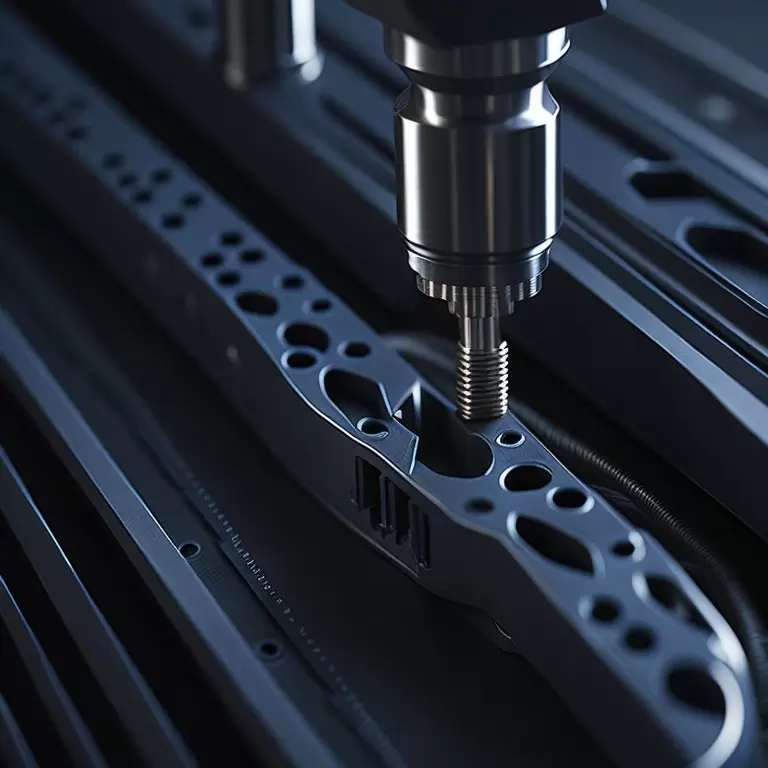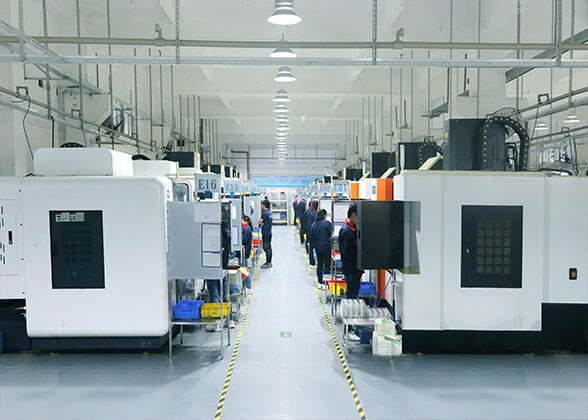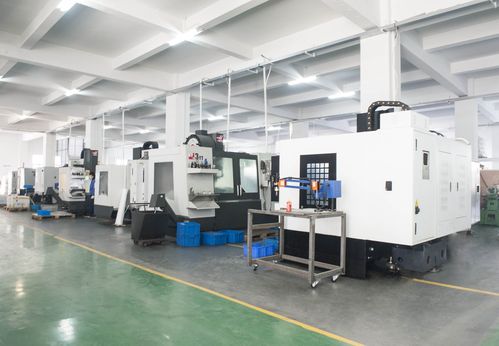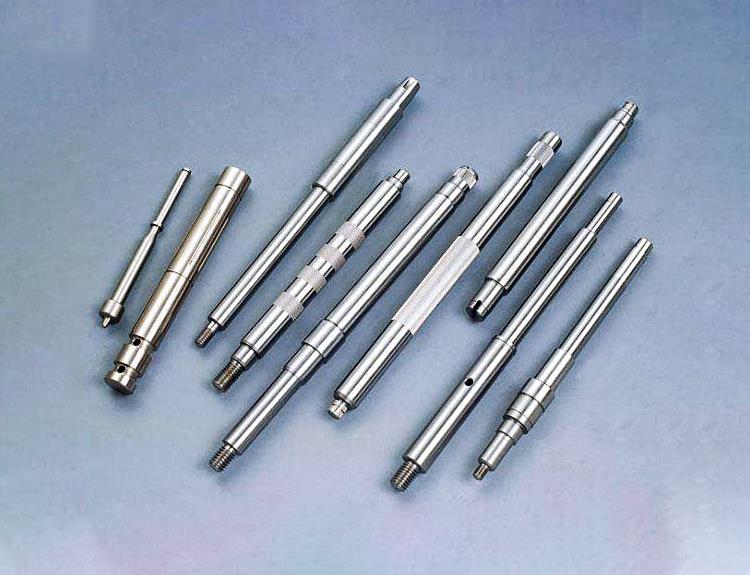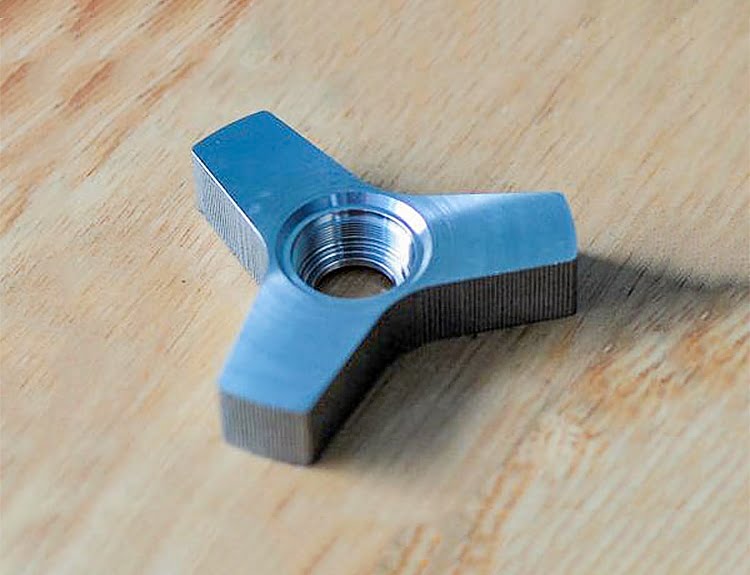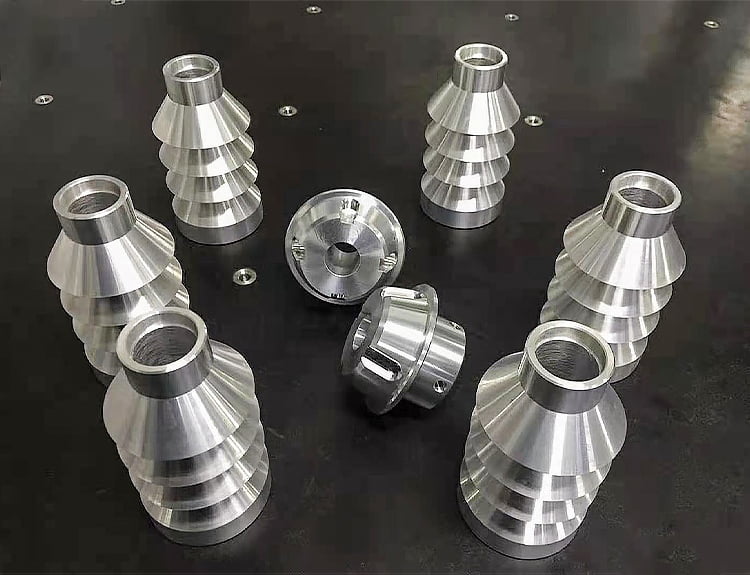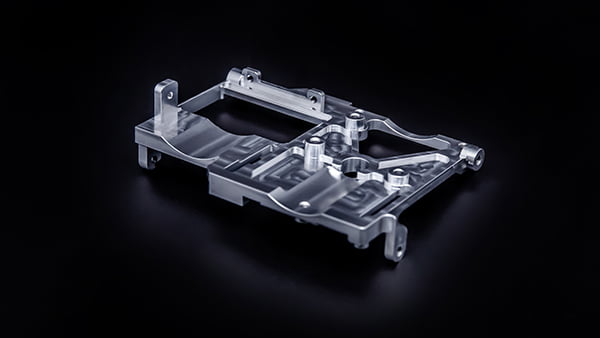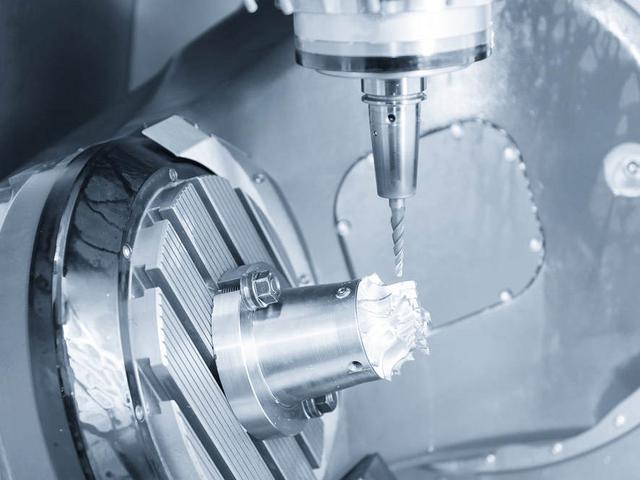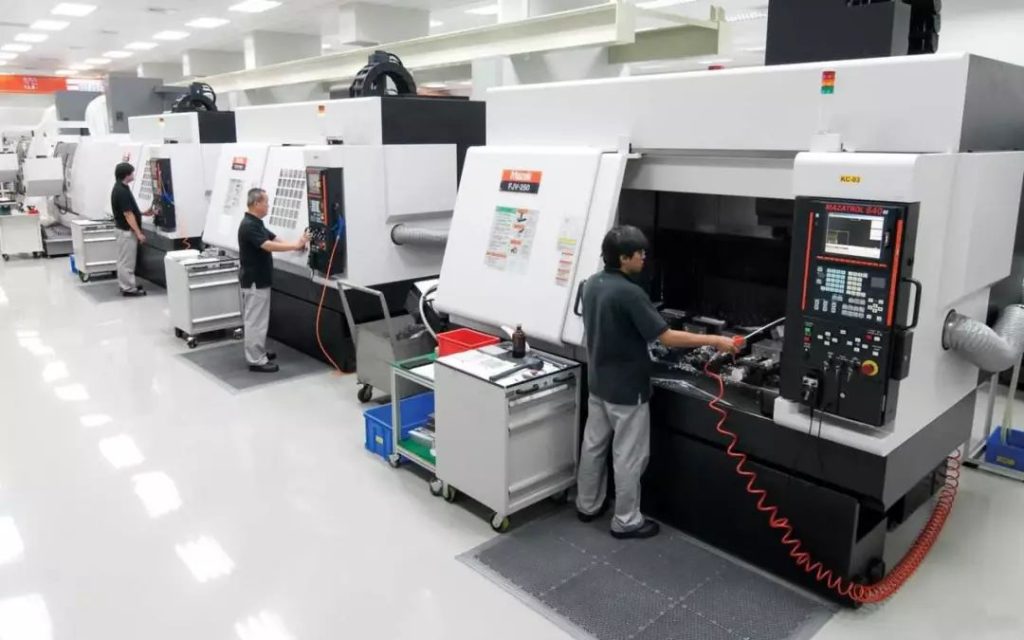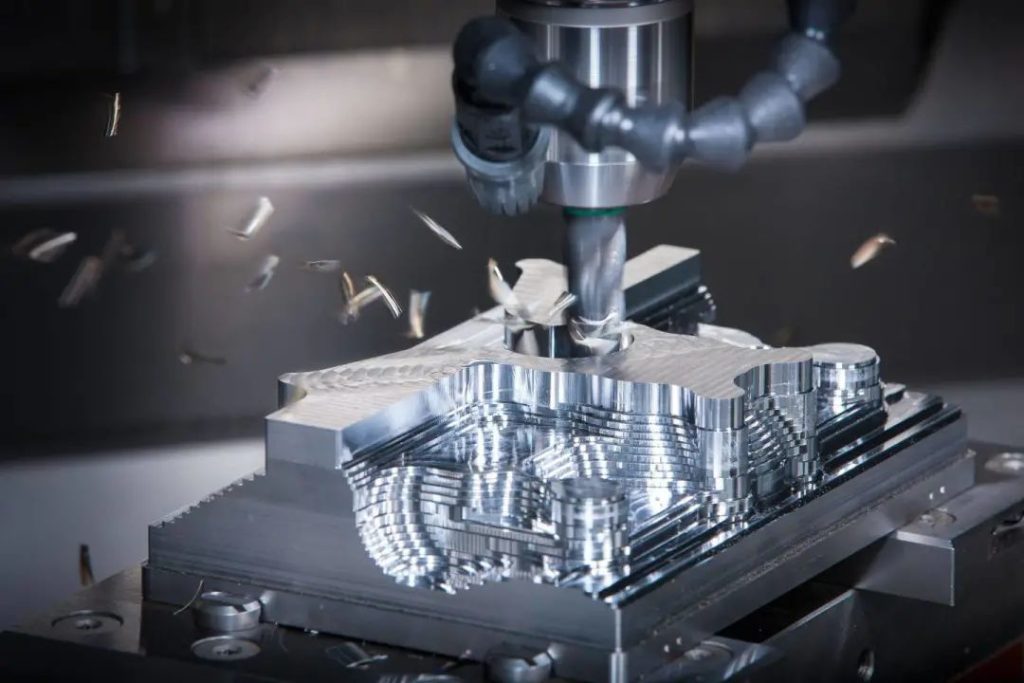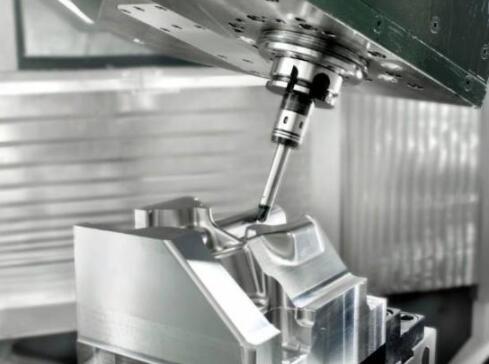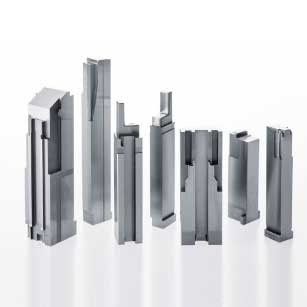Table of Contents:
- Introduction to PC CNC Machining、
- The Benefits of Using PC CNC Machining
- The PC CNC Machining Process
- Applications of PC CNC Machining
- Choosing the Right PC CNC Machining Service Provider
- Conclusion: The Future of PC CNC Machining in Manufacturing
-
1.Introduction to PC CNC Machining
PC CNC machining, or computer numerical control machining, is a manufacturing process that uses computer software to control the movement and operation of precision tools and machinery. PC CNC machines are capable of cutting, drilling, milling, and shaping various materials, including metals, plastics, and composites, with high accuracy and efficiency. Compared to traditional manufacturing methods, PC CNC machining offers greater precision, speed, and flexibility, making it an ideal choice for producing complex and customized parts for various industries. In this article, we will explore the benefits of using PC CNC machining, the basic steps involved in the machining process, the tools and machines used, and their applications in the manufacturing industry. We will also discuss factors to consider when choosing the right PC CNC machining service provider.
-
2.The Benefits of Using PC CNC Machining
PC CNC machining offers several benefits that make it a popular choice for precision manufacturing. These benefits include:
- Precision: PC CNC machines can achieve high levels of precision and accuracy, producing parts with tight tolerances and complex geometries.
- Efficiency: PC CNC machining offers greater efficiency compared to traditional manufacturing methods, reducing lead times and increasing productivity.
- Versatility: PC CNC machines can be used to manufacture parts from a wide range of materials, including metals, plastics, and composites.
- Flexibility: PC CNC machining allows for customization and modifications to be made easily, making it ideal for producing unique and complex parts.
- Consistency: PC CNC machines are highly repeatable, resulting in consistent, accurate parts with every production run.
- Cost-effectiveness: PC CNC machining leads to fewer errors and less waste, reducing production costs in the long run.
Overall, PC CNC machining offers high precision, efficiency, versatility, and cost-effectiveness, making it an excellent choice for precision manufacturing needs.
-
3.The PC CNC Machining Process
A. The Basic Steps Involved:
The PC CNC machining process involves using computer software to control the movement and operation of precision tools and machinery. Here are the basic steps involved in PC CNC machining:
- Designing the part: First, a design file must be created that specifies the dimensions and features of the part to be manufactured.
- Programming: The design file is converted into a computer program that controls the movement of the CNC machine and the cutting tool.
- Material selection: The suitable material is selected according to the specific properties required for the finished product.
- Material preparation: The selected material is prepared and secured onto the worktable of the CNC machine.
- Cutting Process: The PC CNC machine uses the programmed instructions to move the cutting tool across the surface of the material, removing material to create the desired shape.
- Finishing: Once the machining process is complete, the finished workpiece may be subjected to polishing or other finishing processes to achieve the desired surface finish.
B. Tools Used in PC CNC Machining:
The tools used in PC CNC machining include:
- CNC Machine: A computer-controlled machine that holds the workpiece and cutting tool and guides their movement during the machining process.
- Cutting Tool: A precision tool that is mounted to the CNC machine and removes material from the workpiece. A variety of cutting tools, such as drills, mills, and lathes, can be used depending on the desired outcome.
- Computer Software: The software program that controls the movement of the CNC machine and cutting tool based on the design specifications.
C. Types of PC CNC Machines:
There are several types of PC CNC machines, including:
- CNC Milling Machines: Used for cutting, drilling, and milling operations.
- CNC Turning Machines: Used for turning and shaping cylindrical parts.
- CNC Plasma Cutting Machines: Used for cutting metal plates with a plasma torch.
- CNC Laser Cutting Machines: Used for precise cutting of thin materials using a laser beam.
Each type of PC CNC machine is designed with different capabilities, but all use computer software and precision tools to machine parts with precision and accuracy.
-
4.Applications of PC CNC Machining
PC CNC machining services are widely used in various industries due to their high precision and versatility, including:
- Automotive industry: PC CNC machining services are used for creating parts such as gears, pistons, valves, and engine components.
- Aerospace industry: PC CNC machining services are used for creating complex parts for aircraft engines, landing gear, and other components.
- Medical industry: PC CNC machining services are used for creating precision parts for medical devices such as surgical instruments, orthopedic implants, and dental equipment.
- Electronics industry: PC CNC machining services are used for creating parts for electronic devices such as connectors, microelectronics, and micro-machining.
- Defence and Military industry: In the production of military equipment like UAVs, radars, missiles and weapon parts.
- Prototyping industry: PC CNC machining services are used to create precise and intricate prototypes of parts that are difficult to produce using other manufacturing methods.
The ability to create precise and complex parts with minimal waste makes PC CNC machining services ideal for manufacturing applications that require high accuracy and repeatability. PC CNC machining services enable manufacturers to create customized products with faster lead times, reduced tooling costs and improved quality.
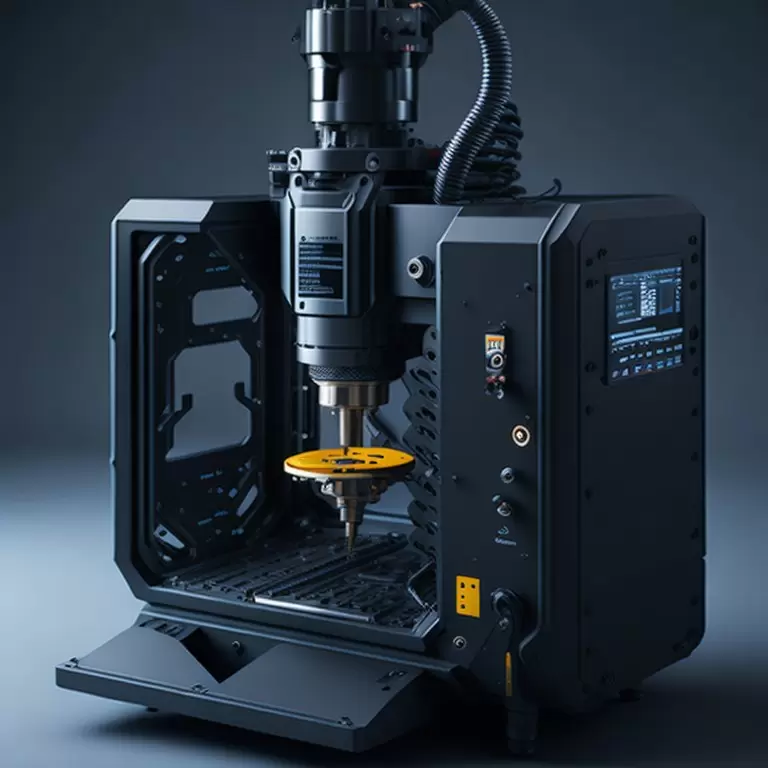
-
5.Choosing the Right PC CNC Machining Service Provider
A. Factors to Consider:
When choosing a PC CNC machining service provider, several factors are essential to consider, including:
- Experience: Choose a provider that has a proven track record of producing high-quality parts and components.
- Technology and Equipment: Check if the provider has state-of-the-art equipment and technology to ensure precision and efficiency in the manufacturing process.
- Material Expertise: Ensure that the provider has experience working with the specific materials required for your project.
- Technical Expertise: Make sure that the provider has technical expertise to provide solutions to any issues that may arise during the manufacturing process.
- Quality Control: Determine if the provider has a robust quality control system in place to ensure that the finished product meets your specifications.
- Pricing: Compare pricing and ensure that the provider offers competitive pricing while delivering quality products and services.
.
B. V1 Machining:
Provide manufacturing process, metal, and plastic instructions to meet the specific requirements of your CNC machined parts.
C.Questions to Ask:
When selecting a PC CNC machining service provider, consider asking the following questions:
- What types of materials do you work with?
- What experience do you have in creating parts for my specific industry or application?
- What type of equipment and technology do you use to ensure precision and efficiency?
- How do you ensure quality control throughout the manufacturing process?
- Are you able to provide prototypes and small batch production runs?
- What is your pricing structure and estimated lead time for my project?
- Do you have any certifications or accreditations related to PC CNC machining services?
Asking these questions can help ensure that you select a PC CNC machining service provider with the necessary skills, equipment, and experience to meet your specific requirements.
-
6.Conclusion: The Future of PC CNC Machining in Manufacturing
PC CNC machining has revolutionized the manufacturing industry by providing a precise and efficient way of producing high-quality components and parts. As technology advances, PC CNC machines will become even more powerful, accurate, and versatile, enhancing the industry’s reliability and cost-effectiveness.
In the future, CNC machining services will play an even more significant role in the creation of custom parts of materials for various sectors. Significant advancements in automation and machine learning will likely bring increased flexibility and convenience in the CNC machining process. As a result, the demand for CNC machining manufacturing will continue to grow.
Overall, the future of PC CNC machining is promising. As more industries adopt this technology, we will see more advanced and innovative applications of PC CNC machining. We can expect to see enhanced levels of quality production, faster turnaround times, greater design flexibility, and improved cost-effectiveness in the manufacturing industry.

